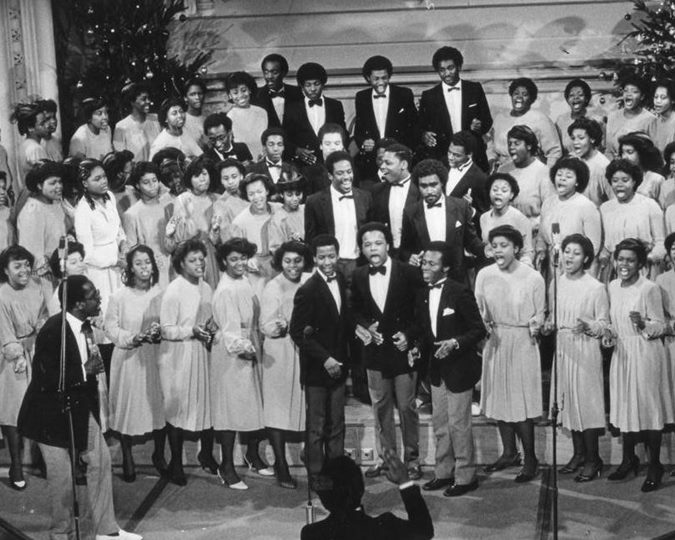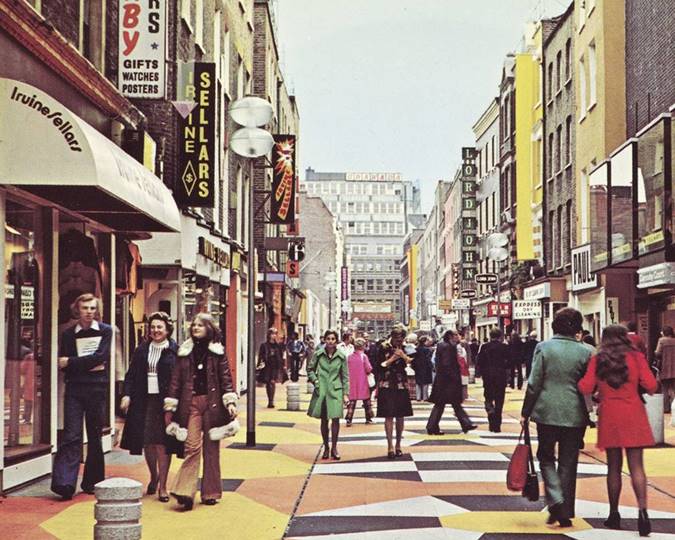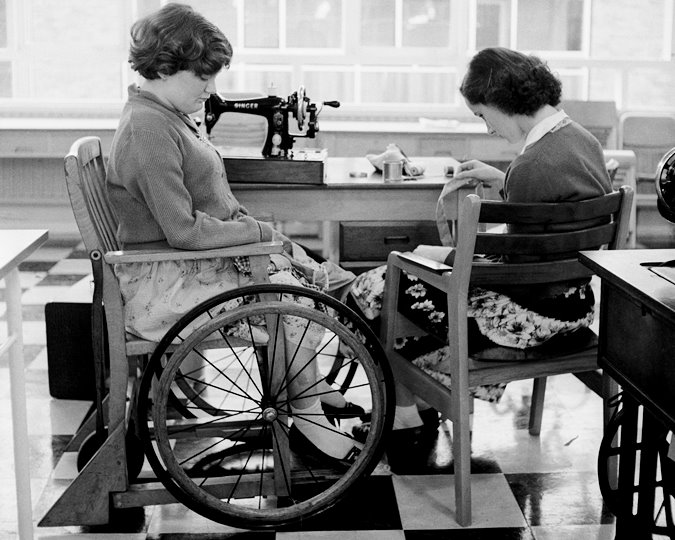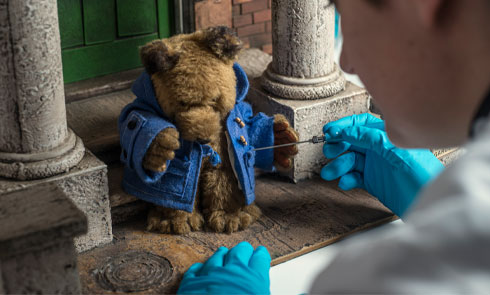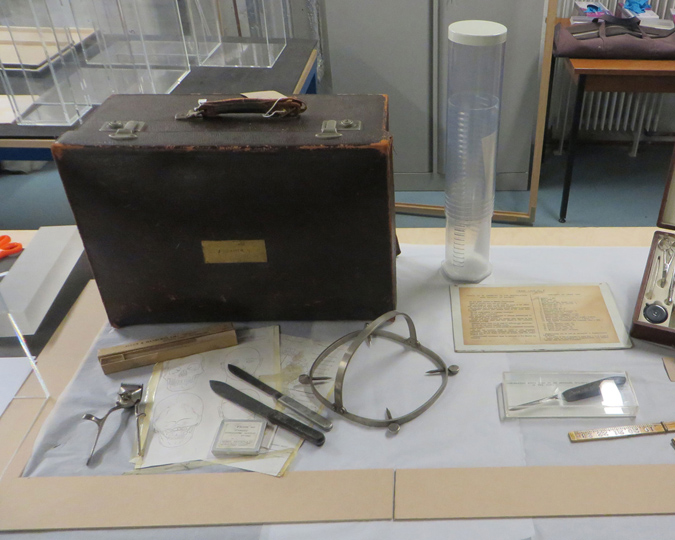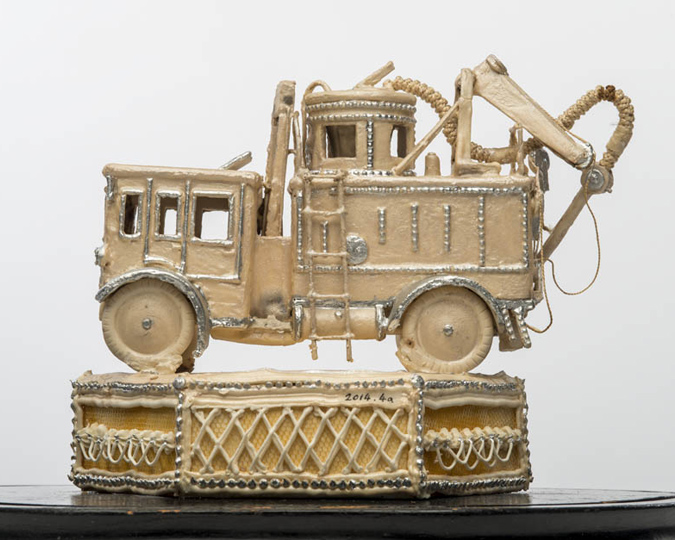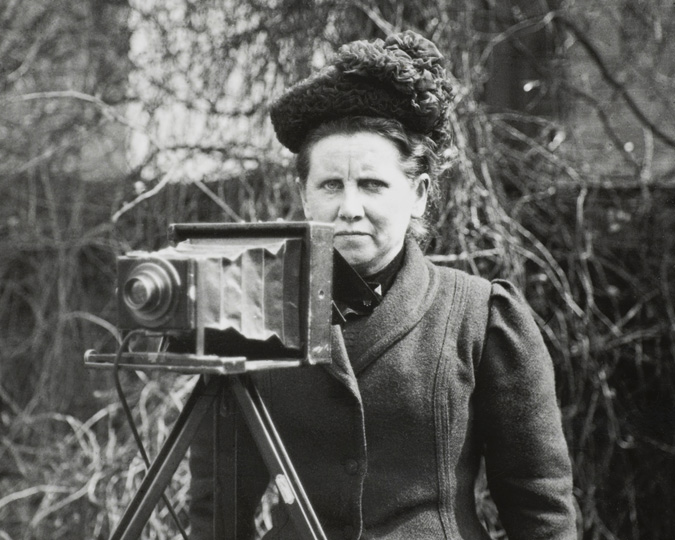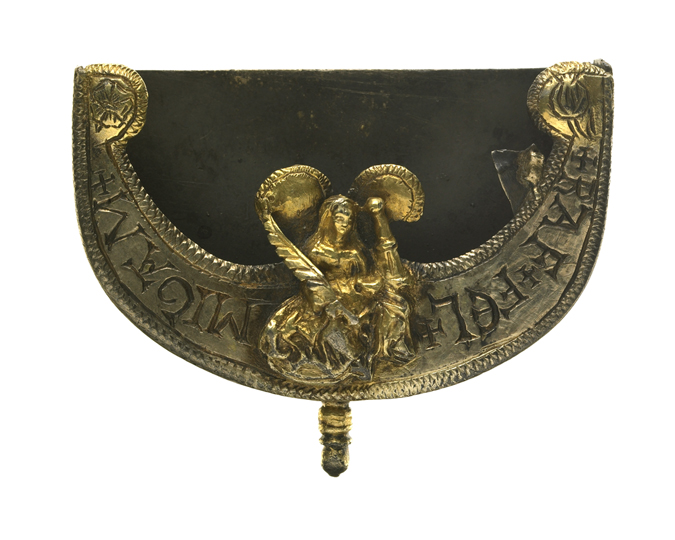Our Crime Museum Uncovered exhibition featured dozens of real-life crime stories drawn from the archives of the Metropolitan Police Service. We explore cases that broke ground in forensic or legal history, like those of Dr. Hawley Crippen and Ruth Ellis. But we also have many less famous cases, which nevertheless deserve our attention and remembrance.
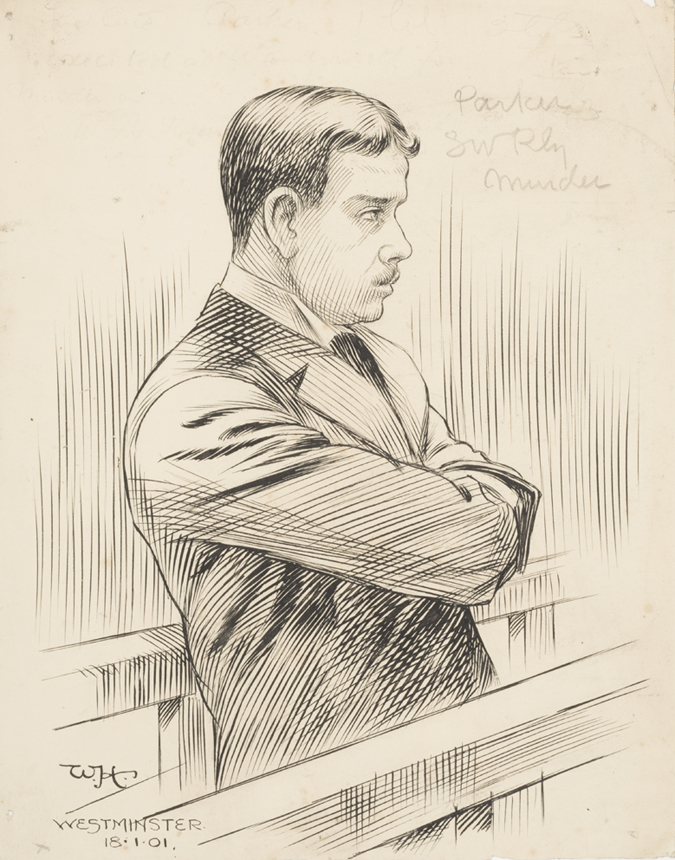
Court room sketch of George Parker © Museum of London/The Metropolitan Police’s Crime Museum.
This sketch by the courtroom artist William Hartley links us to a particularly cold-blooded murder on a train, but also to a story of amazing bravery. The sketch shows 23-year-old George Parker, also known as George Henry Hill, in the dock at Westminster Police Court where he was charged on 18 January 1901 with the murder of William Pearson and the attempted murder of Mrs Rhoda King. The latter, a 54 year old mother of two, was a witness to the incident and was injured during it.
On Thursday 17 January 1901 all three were passengers in the same third class railway carriage on the 11.20am London and South-Western train from Southampton to Waterloo. King got on first, in Southampton, and sat in the then empty carriage. Her husband was a printer in Southampton and she was on her way to London to visit a sick relation. Parker got on at Eastleigh and Pearson, a well-to-do farmer in his 40s, boarded the train when it stopped at Winchester.
Near Surbiton, Parker went into the lavatory, which was situated towards the back of the compartment. By this time Pearson was sleeping and King stood up to look out of the window. She was startled to hear gun-shots and felt blood on her face. Pearson had been shot in the head by George Parker, and appeared to be dying. Rhoda King, meanwhile, had been shot in the cheek and the bullet was lodged below her jaw. She asked Parker what he had done and he replied: ‘I did it for the money. I want some money. Have you got any?’ She gave him a shilling from her purse, which he took. Her face was bleeding heavily and she used two handkerchiefs to wipe the blood. Seeing this, Parker gave her one of his.
Parker searched Pearson’s pockets and removed a cigar case and a purse, offering King a sovereign from Pearson’s purse, which she refused. She urged him to cover Pearson’s face with a handkerchief, which he did. King pleaded with him for her life and tried to calm him by talking to him - even as the bullet was still lodged in her skull. Parker told her that he was going to Liverpool and from there to South Africa. He then began wondering what he should do with his gun, saying he might place it in Pearson’s hand to try to make it look as if Pearson had killed himself. King suggested he throw the gun out of the window, which eventually he did. As the train approached Vauxhall, Parker climbed out and jumped onto the platform, telling King to remain quiet.
However King, now on the verge of collapsing, opened the door as soon as the train stopped. She shouted to some railwaymen to follow Parker as he had killed someone. He had already got through the ticket barrier - he had taken Pearson’s ticket to use. He was pursued and eventually cornered in the South Metropolitan Gas Company’s gas works nearby. Parker was taken to Larkhall Lane Police Station, where he stated, referring to Rhoda King: ‘I wish I had killed the woman, and then I should have got away had I have killed her.’
King was taken to St Thomas’ Hospital for treatment, where she remained for eight days. Pearson was pronounced dead: he had been shot through the left eye from close range. The railway line was searched and the murder weapon recovered. When Parker was searched at the police station, items belonging to Pearson, including the purse, were found on him. He was then charged with the murder of Pearson and the attempted murder of Rhoda King.
Parker, originally from Birmingham, was an ex-soldier and a heavy drinker. He had started a relationship with a woman, Elizabeth Rowland (whom, unbeknownst to him, was married to a soldier serving in India) in Portsmouth. Before going to London in January 1901 he had purchased a revolver. He later claimed that on his return to Portsmouth he was going to kill Elizabeth and himself. He also claimed that Pearson was someone who held a grudge against him from his army days, but no evidence was found to suggest that the two men had ever met. Parker was in need of money and indeed did not have sufficient cash on him to pay the full fare to London (which is why he took Pearson’s ticket in order to make his escape at Vauxhall).
On Friday 1 March, Parker appeared at the Central Criminal Court. He pleaded not guilty, his barrister arguing that his client was insane due to alcoholism. He was found guilty and was executed at Wandsworth Prison on 19 March. The Evening Express reported that he rose at 7am on the morning of his execution and ‘betrayed no fear at his approaching doom’. He was executed by James Billington, assisted by his son, Thomas Billington.
The remarkable and brave Rhoda King, who gave evidence at the trial, lived to the age of 89, dying in Southampton on 1 June 1935.
For more information on this case, see:

